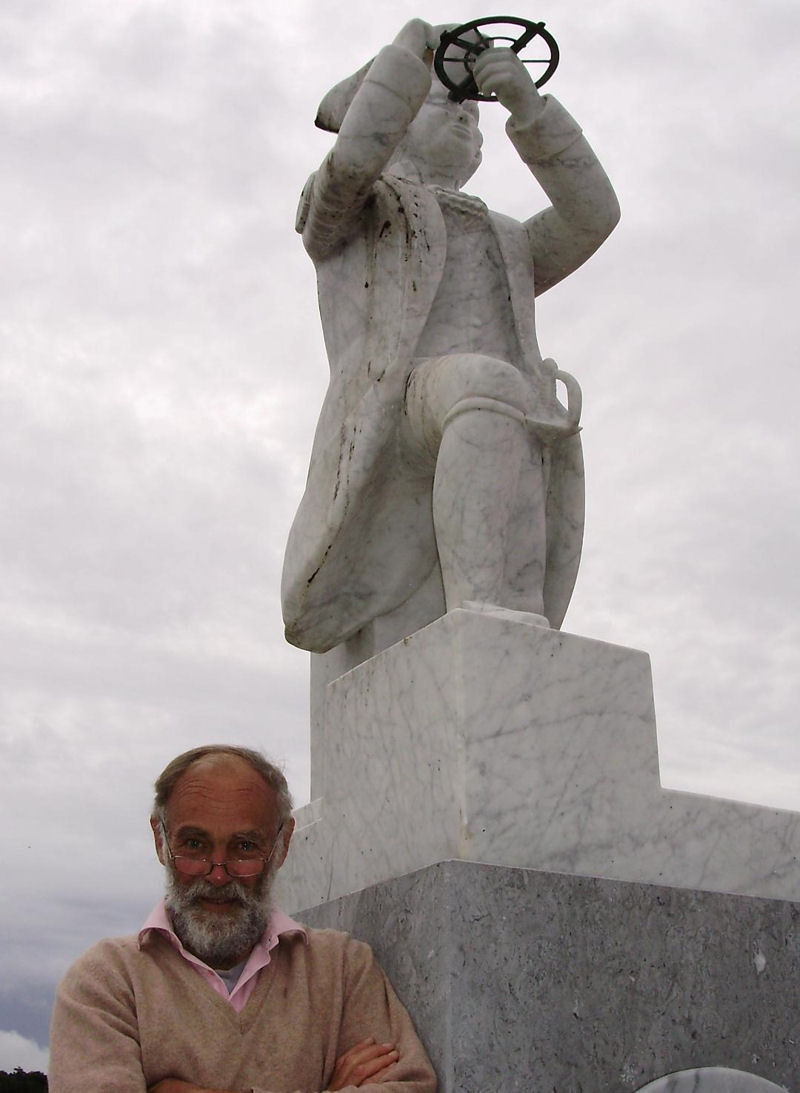2023-17 NI elections still don't comply...
 Monday, May 22, 2023
Monday, May 22, 2023 NI ELECTIONS, 2023
Unfree, maybe; unfair, definitely!
NI elections do not comply with international standards.
Sinn Féin’s surge was inflated by some of the archaic and absurd rules which (still) govern NI elections.
a) Polling stations are not neutral. Posters are not on the fence but sometimes within feet of the main entrance.
The above was just outside St Therese's polling station on the Antrim Road.
b) Campaigning is allowed on polling day. This is bizarre! Party cars are still blaring their propaganda. At some polling stations, party activists from several parties maintain a gauntlet, those of the bigger parties sometimes issuing ‘sample ballots’, ‘instructing’ their voters how to vote[1] (i.e., treating the latter as ‘ballot fodder’). These bits of paper then litter the inside of the polling station and do further harm to any semblance of the premises’ neutrality.
Making noises outside St Patrick's Primary School polling station in New Lodge, c. 7.30 pm.
c) Some polling stations allow for ‘polling agents’, who are informed, out loud, of the electoral number of each voter. It seems that only SF takes advantage of this, and on a smaller scale than in previous years. Instead, later on in the day, I heard that SF was going door-to-door.
Nevertheless, in some polling stations (like Ardoyne Community Centre), the polling agents’ desk is the first one the voter comes to, and a polling agent is little better than the party’s ‘thought police’. Why do they record who has voted? I asked only one agent, and she didn’t know.
In previous elections, though I saw no evidence of this yesterday, these ‘agents’ have smuggled such data to their activists outside, so that any persons who haven’t yet voted, ‘stragglers’ (the frail and/or sick and/or elderly and/or maybe just reluctant) can be rounded up… yes, ballot fodder. In 2023, it seems, this task is done (after all, campaigning is still allowed) door to door.
In other elections, and certainly in those administered by the OSCE:
A Polling stations and their immediate environs, up to say 100 m, are neutral. No posters, no activists, nothing.
B Campaigning is not permitted on polling day, at all! From midnight to midnight, at least. With no activists, there would be fewer ‘sample ballots’. Furthermore, if the candidates were listed on the ballot paper in random order (and a different random order to that used in postal ballots), this abuse could be limited if not obviated.
C Parties should have no access at all to the marked register, at least not until polling has ceased. In most OSCE observed elections, and certainly in any OSCE-run elections, the party observers havwe no access to the register at all; they sit to one side, away from the voters and officials, and only observe. No chats, no ‘whadaboutyers’, silence.
Recommendations
The last time the OSCE observed an election in NI was in 2003. In their report
https://www.osce.org/files/f/documents/8/c/19324.pdf
they suggested no campaigning on polling day, not outside and certainly not inside the polling stations. The authorities have consistently ignored this advice.
On 22nd March, a petition from Naomi Long, Monica McWilliams and Mal O’Hara amongst others, also asked for a ban on political campaigning on polling day. It too was ignored.
I spoke at length to half-a-dozen returning officers yesterday, and they all agreed the law should be changed. And I should add, the polling station staff were, without exception, as professional as they could be. If only the electoral law was in accordance with international standards...
But nothing ever happens.
And SF surges in the polls.
 Deborda | Comments Off |
Deborda | Comments Off | 

